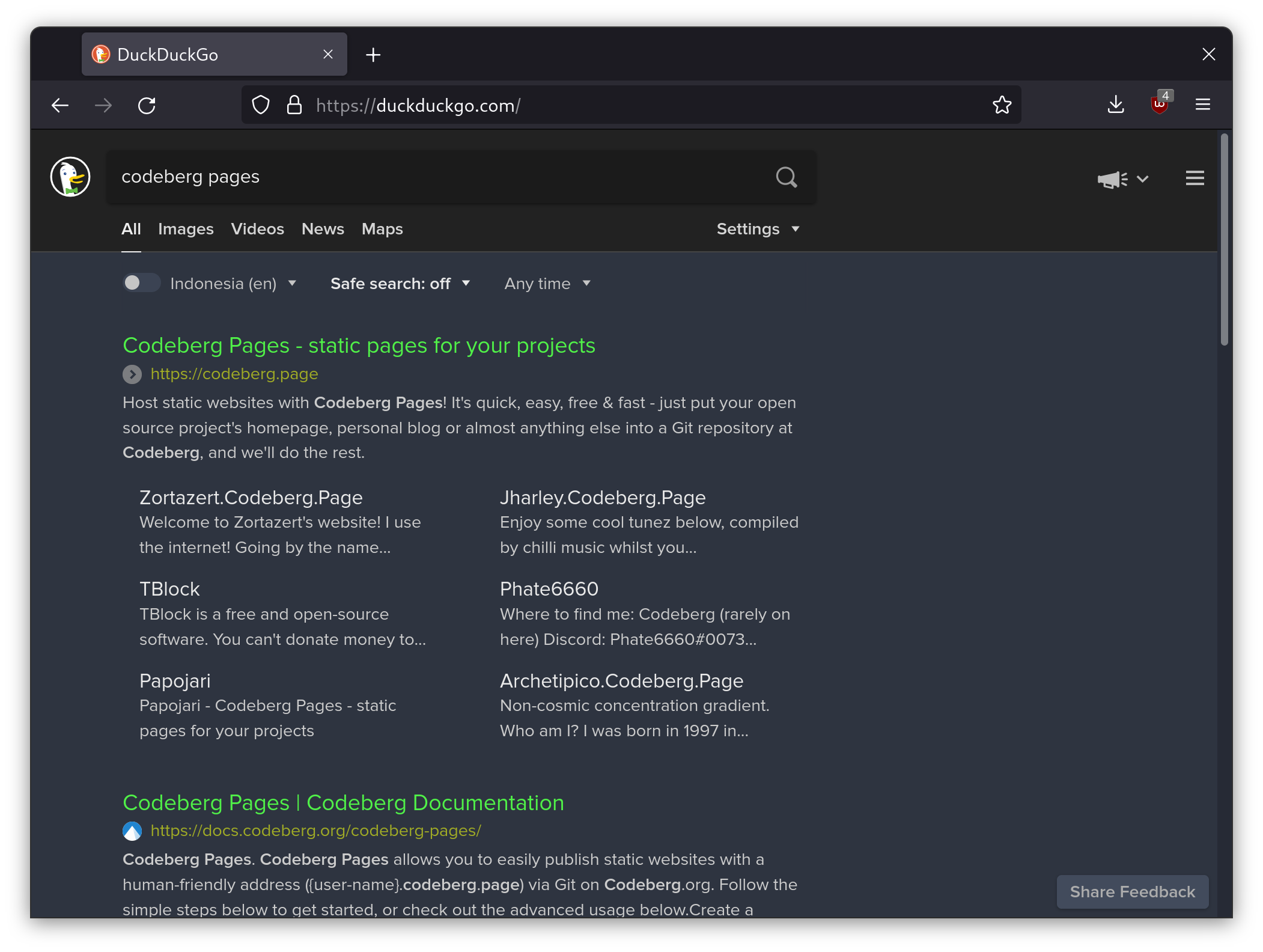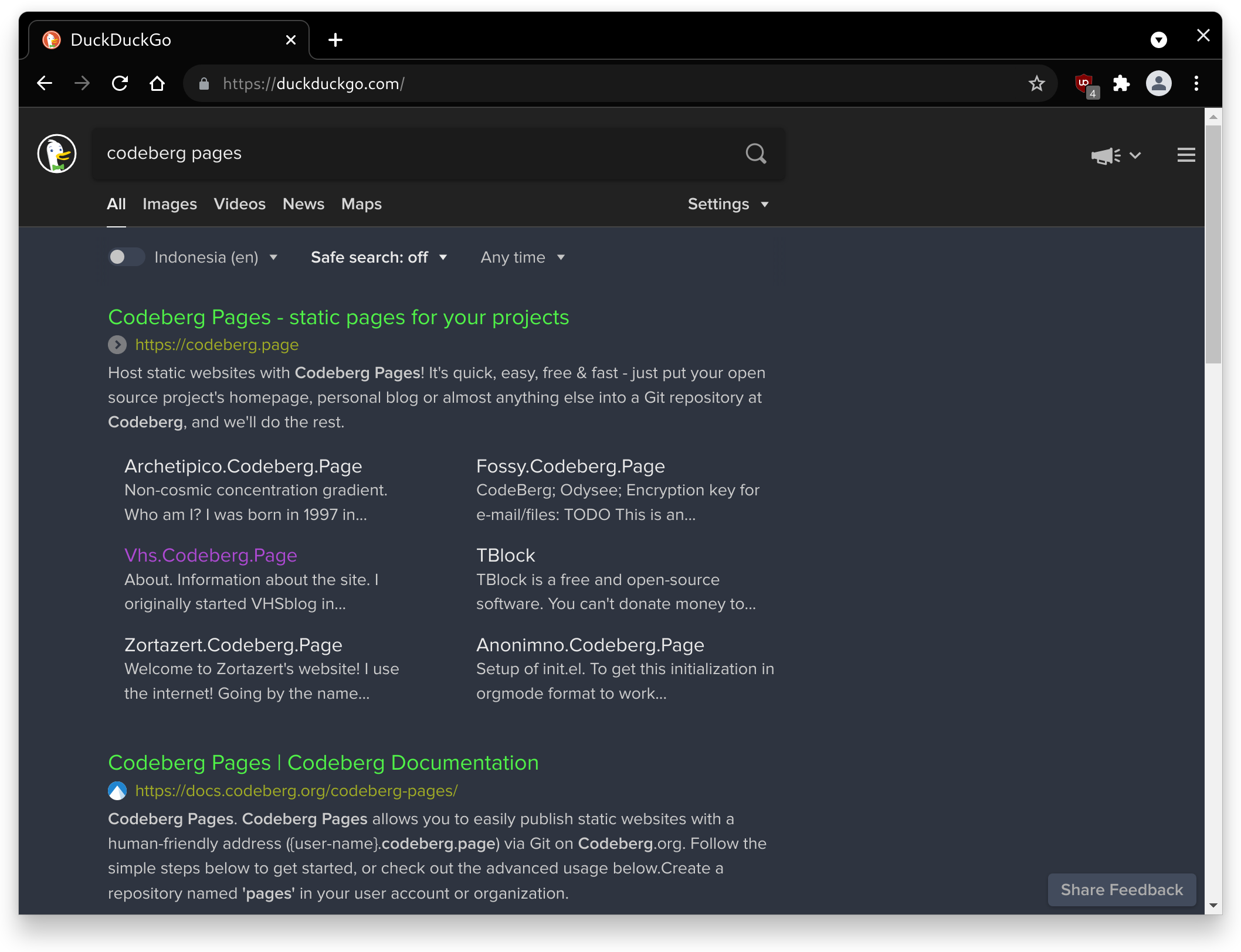This is a quick reboot of a post I wrote two years ago called Alternatives to Firefox on Manjaro Linux. The original post was written when it was disclosed Firefox had suffered multiple zero-day vulnerabilities. And at the time I was running an Arch derivative called Manjaro Linux on my 2015 MacBook Pro.
Today I want to share my two favorite browsers for Linux, which I recently installed on my 2019 MacBook Pro running Arch Linux. Rather than getting my browsers from the AUR these days I’m now installing with Flatpack for speed and simplicity. If you’re not familiar with Flatpack I encourage you to visit their website and read up as it can save you a lot of time no matter what distro you’re running.
So here they are. My two favorite alternatives to Firefox for Linux.
LibreWolf Browser
My favorite alternative to Firefox on Linux is LibreWolf. Librewolf is a fork of Firefox focused on privacy, security and freedom. I like to think of it as the spiritual successor to GNU IceCat, a browser I was excited about in 2019 but not so much anymore. Here’s what it looks using DarkDuckGo with a dark theme:

What I like about LibreWolf is that they ditched that Pocket extension you can’t seem to get rid of in Firefox. And they added uBlock Origin, probably the most popular privacy extension in the world right now.
One gripe I have about LibreWolf is that it always opens full-screen. But I know that’s because opening full-screen helps prevent fingerprinting the browser based on window size – something I saw Tor Browser doing last I checked.
Overall a great browser. Get it on Flathub.
Ungoogled Chromium
My second favorite alternative to Firefox on Linux none other than Ungoogled Chromium. I touched on this browser back in 2019 and it’s still going strong. Here’s what it looks using DarkDuckGo with a dark theme:

As you can see it’s not quite as clean-looking as LibreWolf. And you’ll have to install uBlock Origin extension on your own, which is fine considering Ungoogled Chromium seems to be more focused on just getting rid of Google browser malware than addressing privacy.
What I really like about Ungoogled Chromium is the rendering engine. Chrome browsers dominate the market today and that’s almost certainly due to the pixel precision web developers can get developing in Chrome-based browsers. The tab search menu (top-right near the close button) is a fairly recent and novel innovation as well, and I hope to see it in other browsers in the future.
A gripe I have about Ungoogled Chromium is that it’s not immediately possible to install Chrome Extensions. This is most likely due to the Chrome Web Store not being built for extensibility I reckon, but nevertheless it’s a major barrier to anyone who would want to use Ungoogled Chromium as a daily driver. Thankfully there are multiple workarounds to address this shortcoming.
Tip: Install extensions straight from the Chrome Web Store with this invaluable extension which has to first be install manually.
Overall a decent browser. Also available on Flathub.
Summary
Do check out LibreWolf and Ungoogled Chromium in 2022. If you’re on macOS or Windows, you should be able to dual-boot Linux on your system if you want to try them. Just beware that once you start getting away from proprietary software and enjoying more user freedom on Linux you may not ever want to go back to running the intrusive software handed down by your proprietary overlords.
